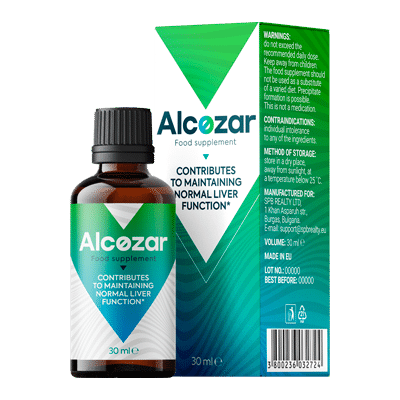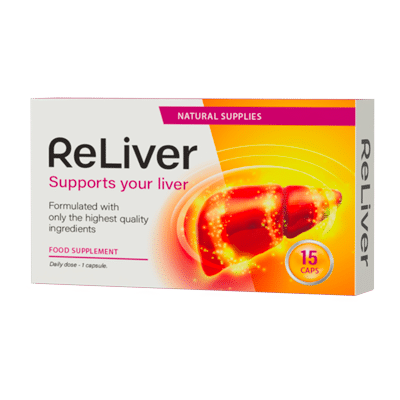How to get rid of problems with alcoholism?
Alcozar
Author's Rating: 4.7
Customer Rating:
4.4
Reliver
Author's Rating: 4.7
Customer Rating:
4.5
Alkotox
Author's Rating: 4.7
Customer Rating:
4.6
According to the international classification, alcoholism is a mental illness, which is a kind of substance abuse, characterized by mental and physical dependence on alcohol (ethyl alcohol). In the later stages, it is characterized by memory lapses, damage to the central nervous system, loss of behavioral control over oneself.
Stages of disease development
There are three stages in the development of alcoholism. At first, the alcoholic experiences a constant urge to drink, but he can control himself. With prolonged volitional abstinence, desire disappears. At the second stage, there is a need for constant consumption of large doses of alcohol. Possible damage to internal organs and the central nervous system (reduced libido, uncontrolled urination). The third stage is characterized by an almost complete loss of cognitive-behavioral control, prolonged binges. At the same time, to achieve a state of altered consciousness, a small amount of alcohol is sufficient (damage to internal organs affects). Attempts of a sharp external interruption of hard drinking at the third stage are fraught with psychosis and even death of an alcoholic.
Basic treatments
There is no one-size-fits-all treatment for alcoholism because the disease combines physical, mental, social and spiritual aspects. Methods of treatment, therefore, can be divided into the following groups:
- Medical;
- Psychotherapeutic;
- Social;
- Spiritual
The best effect is achieved with a complex combination of methods of all groups. At the same time, their percentage will differ depending on the stage of development of alcoholism. So, at the second and third stages, medical methods are mandatory for use, the basis for further rehabilitation, while at the first stage you can do without them.
Medicamentous methods involve the impact on the instinctive fear of a person. They involve the use of drugs that are not compatible with drinking.The most common of them in Russia are disulfiram, naltrexone and acamprosam.
Psychotherapy (spiritual therapy can also be attributed to it) is aimed at educating a person in a worldview concept that excludes the use of alcohol. Social methods are aimed at changing the reality surrounding the alcoholic: changing the environment, active recreation, psychological and practical assistance in solving everyday and family problems.


